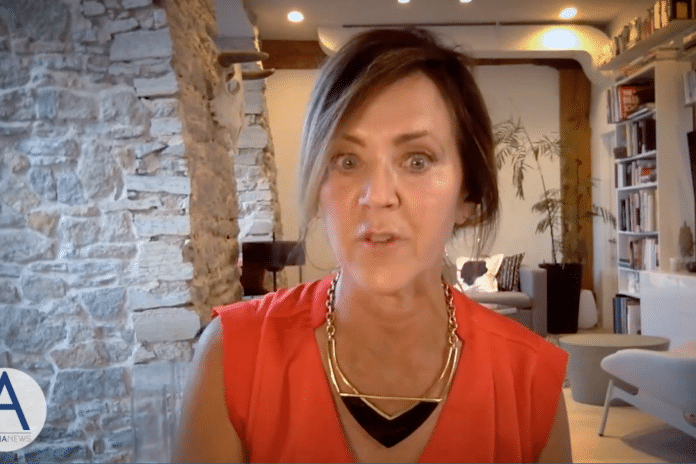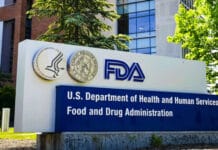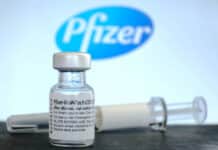Kim Witczak has been a drug safety advocate for 19 years, beginning the day her husband committed suicide.
Witczak’s husband Woody had no history of depression or mental illness. He had recently started a business and was having trouble sleeping, so his doctor prescribed him a three-week trial of Zoloft.
After three weeks, Woody was having “out-of-body” experiences, telling Witczak his “head felt like it was out of his body.” When they called his doctor, he told the Witczaks Woody needed to give the medication four to six weeks to kick in.
Witczak said Woody came home every day with a new idea to “beat this feeling in his head.”
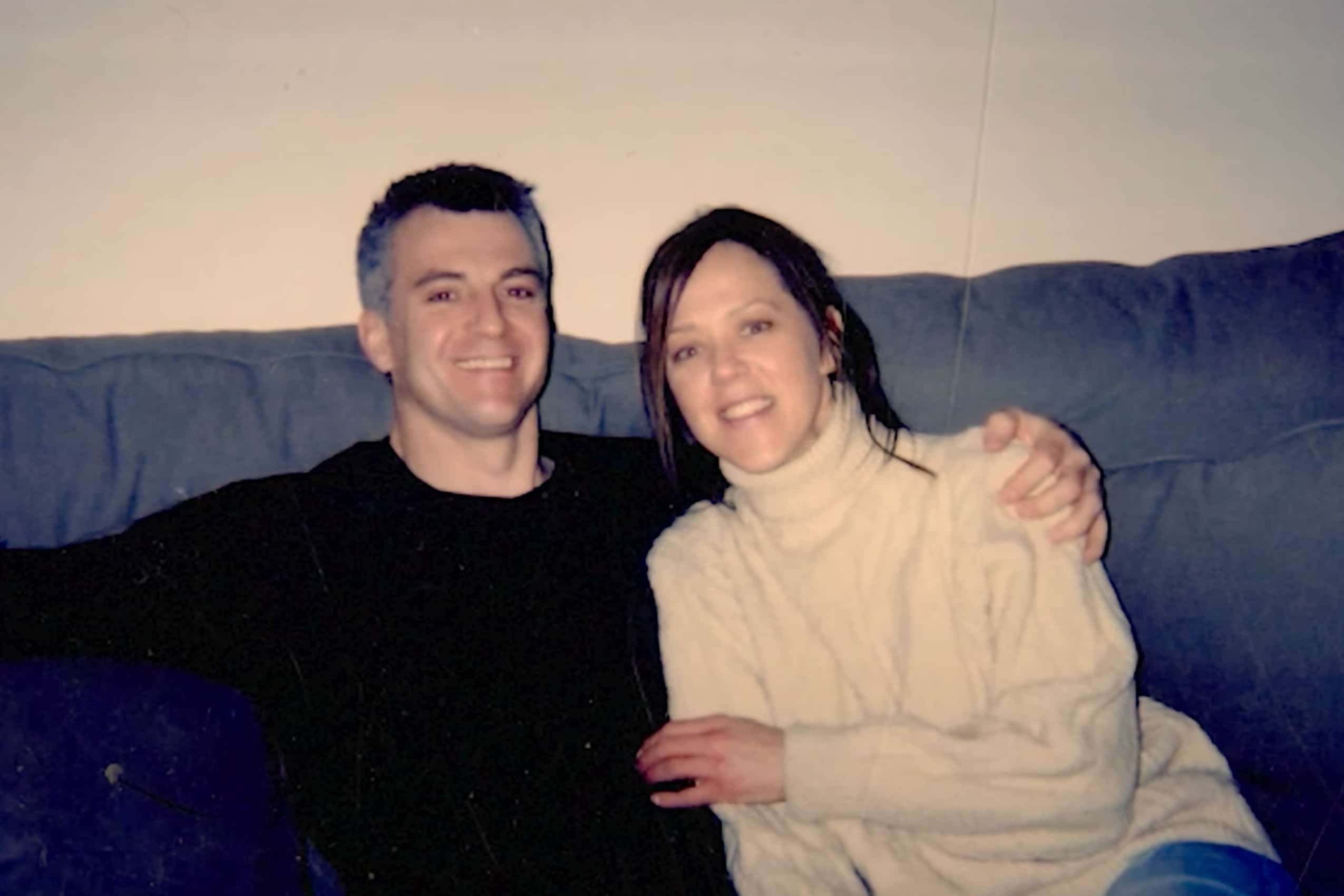
When Witczak got the call that her husband had committed suicide, she spoke to the coroner who said the Zoloft prescription might have had something to do with his death.
From that day on, Witczak became an advocate for drug safety and informed consent.
That very day, a headline in her local newspaper proclaimed that the U.K. had found a link between antidepressants and teenage suicide.
“That was Woody’s note, because he didn’t leave a note,” Witczak told Liz Collin on her podcast. “How did Woody, this guy who loved life, take his own life? So that was the point where it all started, and I haven’t stopped in 19 years.”
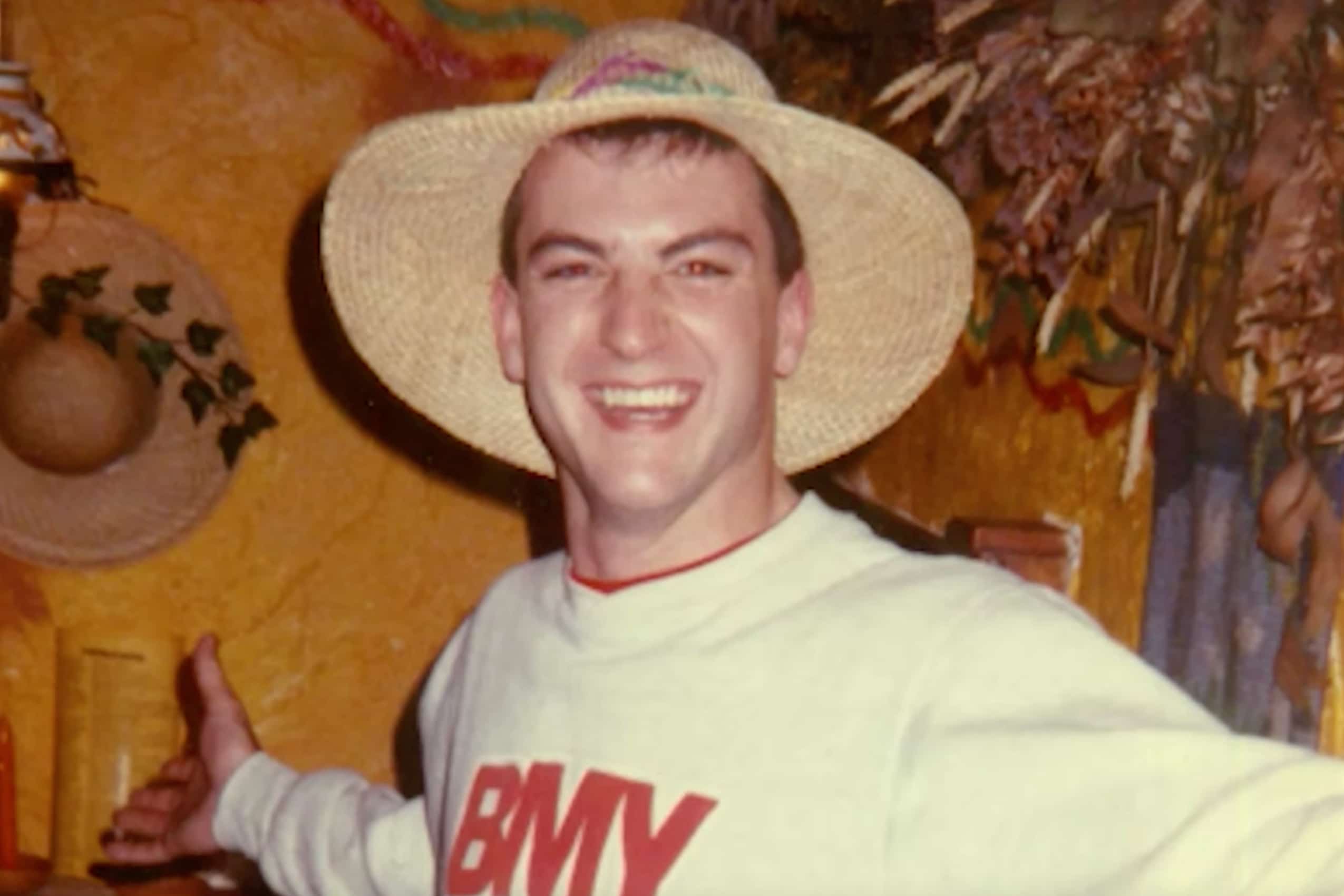
At first, her main mission was to get warning labels for suicide on antidepressant prescriptions. She learned there had been hearings as early as 1991 to investigate possible links between antidepressants like Prozac and violence and suicide, but nothing came of them.
“Meanwhile, we have more antidepressants, we have Paxil, Zoloft that got put on the market and approved for kids. And there was no warning,” she said.
Witczak brought a lawsuit against Pfizer, the pharmaceutical company that produces Zoloft, for wrongful death and failure to warn.
She found her husband was not the only one who experienced an out-of-body feeling while on the prescription, and doctors knew about it but did not inform patients.
“Why wouldn’t you put warnings? And, of course, it’s very similar to what we’ve heard on all the drug issues with warnings — ‘Well, if you put a warning on it people might not take it.’ That’s exactly the reason you should be telling somebody,” Witczak said.
When she began her advocacy, Witczak thought the issue only applied to antidepressants.
“I didn’t realize that it’s actually a problem with our whole drug safety, a systemic problem,” she said.
Conflicts of interest, ghostwriting fake medical reports, Big Pharma involving itself in every aspect of marketing drugs — Witczak said doctors don’t understand this “invisible spider web.”
Witczak now serves on the FDA Psychopharmacologic Advisory Committee as a consumer representative.
“So I see what’s happening to the drugs that are coming onto market. A lot of them are being fast tracked,” she said.
Before 2020, Witczak had never been involved in vaccine safety. But she saw a lot of red flags surrounding the COVID-19 vaccines, and she knew what Pfizer was capable of, so she got involved.
“There was no discussion of natural immunity … then it became everybody from celebrities saying it’s completely safe and effective. Since when is something brand new ever completely safe and effective? Everybody knows that medical treatment and drugs have some sort of risk associated,” she said.
“There was no debate. It was just like science was settled,” she continued.
Witczak said she was shocked when the mainstream media avoided reporting on any injuries associated with the vaccine.
“At least with antidepressants and all the drug safety stuff … the media has been there. But with this, it was almost like they were just repeating what the government was saying and that was it,” she said.
Witczak believes curiosity is lacking. People need to ask questions about the drugs they are taking and push back when they are told something new is “completely safe and effective.”
She also spoke about a correlation between mass shootings and psychotropic medication.
“We [need to] start asking the tough questions about the drug,” she said. “We’re not even curious about the link.”
Witczak’s mission is for people to have informed consent about the medication they take.
“I think that especially with these vaccines, people should know that you’re on your own if something happens to you. These companies have complete legal immunity,” Witczak said.
“It’s really important that we understand how the system works, so that no family at the end of the day should have to ask, ‘How come we didn’t know?’”
Witczak is working on a docuseries called “Selling Sickness” that focuses on the connection between marketing, money, Big Pharma, and consumers.
If you or someone you know is struggling with thoughts of suicide, there is help available 24 hours a day. Call the National Suicide Prevention Lifeline at: 988 or 800-273-8255.
LISTEN:











